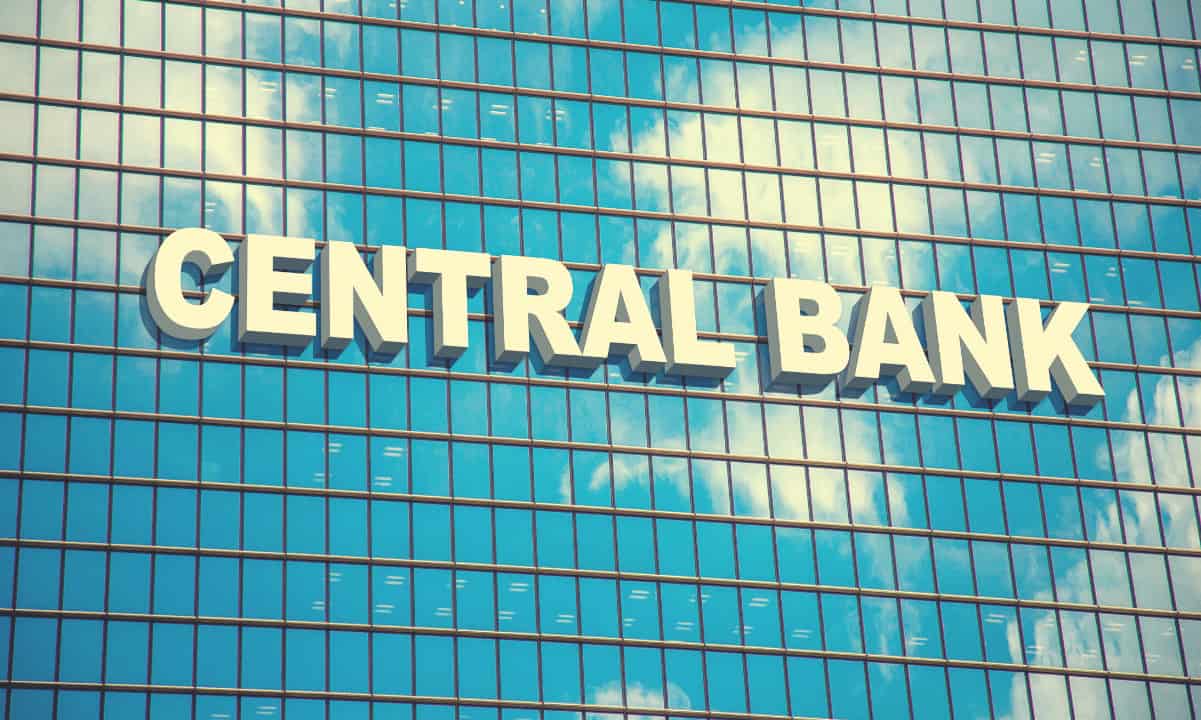
Ever since Facebook announced its plans to create a digital payment currency dubbed Libra, central bankers have tried to counter it with an invention of their own.
While Libra is facing regulatory troubles, a BIS report indicated that over 80% of the world’s central banks are currently developing a central bank digital currency (CBDC).
The idea and purpose of a CBDC are fundamentally different than everything Bitcoin stands for. As such, the community has been speculating on possible consequences for the primary cryptocurrency. Will a government-owned digital currency harm BTC’s role in the online world, or will it simply set the stage for its grand entrance?
Scenario A: CBDCs Are Bad For Bitcoin
The CBDCs will represent the cash bills that we use every day, but, as the name suggests, they will be digital-only. There’re still many unknown factors regarding their developments. Which country will be first, what technology will they use, will CBDCs be for retail payments or not?
These questions will eventually receive their answers. However, most people fear that the introduction of a CBDC will give governments absolute control to track, approve, or suspend all future payment transactions.
Authorities have justified this potential constant surveillance by claiming that they will be able to reduce and even eliminate illicit activities, such as money-laundering.
On the other hand, concerns have emerged within the community that the inevitable launch of a CBDC will harm the industry and its most-well known representative – Bitcoin.
Binance CEO Changpeng Zhao (CZ) recently predicted that a well-designed CBDC could “become a threat” for the first-ever cryptocurrency. He highlighted that most such currencies will be very centralized and won’t provide the same freedom as Bitcoin.
Consequently, world governments will push their own inventions further while be inclined to reduce the role of something as decentralized as BTC.
Bitcoin’s whitepaper described it as an “electronic peer-to-peer cash system.” However, having tons of competition backed by the world’s superpowers could indeed decrease its role. It could be especially harmful if the CBDCs enable cheaper and faster transactions than BTC.
Additionally, their value won’t fluctuate as much as Bitcoin’s. This may be another reason why people would prefer sending or receiving a currency that won’t lose any value by the time the transaction is complete.
Scenario B: CBDCs Will Help Bitcoin As A Payment Tool
On the other hand, there’s the narrative that when CBDCs arrive, they could only open the door for Bitcoin. Major cryptocurrency manager Grayscale Investment recently argued that when launched, CBDCs may “accentuate Bitcoin’s role in the global digital economy.”
This is partly because people would have to become familiar with the digital payment infrastructure, which hasn’t been necessary so far. By educating themselves on the matter, people would be able to find the significant differences between Bitcoin and the government-owned digital currencies.
“Bitcoin is special not because it is digital, but because Bitcoin is a scarce, uncompromising, apolitical currency that is open for anyone to use.”
Scenario C: CBDCs To Help BTC As A Store Of Value
If one assumes that the first scenario comes into reality and Bitcoin stops serving as an electronic peer-to-peer cash system, that doesn’t necessarily mean that it will have no value to society.
Instead of being used to transfer funds from one address to another, BTC may become what many others have argued for years – a store of value.
After all, Bitcoin shares several similarities with the most-widely accepted store of value asset – gold, such as scarcity. The two assets’ price performance has also resembled each other lately. The COVID-19 financial crisis only accelerated their increased correlation.
Even the US Federal Reserve Chair Jerome Powell compared the two and noted that both are a speculative form of a store of value.
Another believer in this thesis is Fidelity’s cryptocurrency arm – Fidelity Digital Asset. In a report compiled earlier this year, the company named Bitcoin an “inspirational store of value.”
So, If BTC is indeed to fail as an online payment resource because of CBDCs, it’s unique setup could prompt it to another, perhaps even a more critical role in today’s (digital) world.
Binance Futures 50 USDT FREE Voucher: Use this link to register & get 10% off fees and 50 USDT when trading 500 USDT (limited offer).
The post appeared first on CryptoPotato






